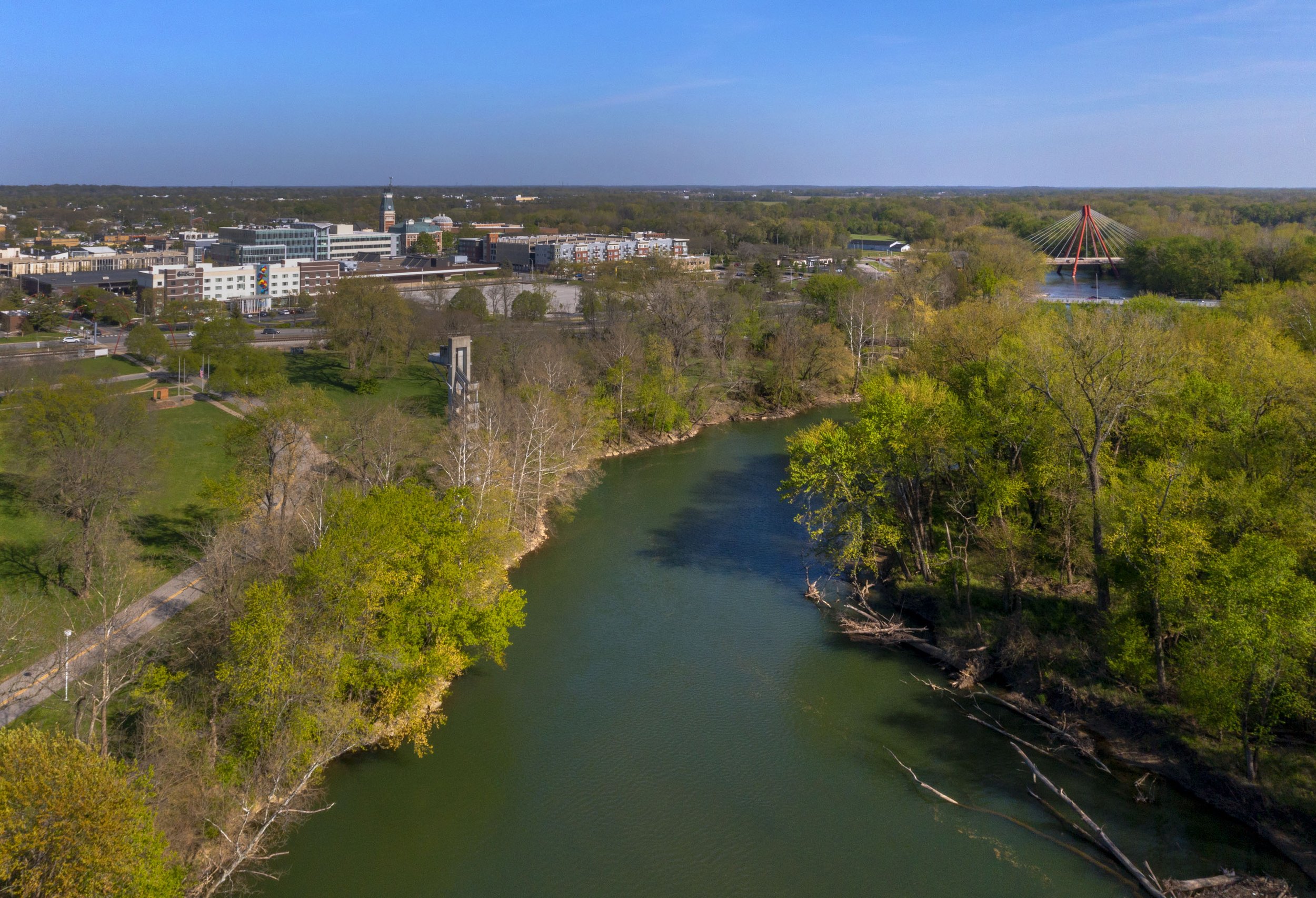
A Legacy of Peace, Justice, and Equity
Landmark Columbus Foundation seeks to involve and engage all demographics of society as it fulfills its mission to care for, celebrate, and advance the cultural heritage in Bartholomew County. We are actively creating projects and events that are inclusive and accessible, and shaping platforms for diverse voices to be heard and involved in everything we do. We constantly strive to better understand the inequalities in our community, both past and present, and are committed to creating systemic change that benefits all.
This organization acknowledges that this area has been a site of human activity for tens of thousands of years through the ancient cultures of the Adena, Hopewell, and Cahokia, and more recently by the vibrant cultures of the Delaware, Kickapoo, Miami, and Shawnee Nations. In a state named for Indians, in a city named for Christopher Columbus, we recognize that many people called this region home, centuries before the first immigrants arrived.
Although this land was ceded to the United States of America by the Miami and Delaware Nations through the Treaty of St. Mary’s in 1818, we recognize that the languages, culture, and traditions of these nations continue to this day. At the natural confluence of waterways and rich soil, the Columbus area has long drawn people to gather. As we continue to make Columbus the best city of its size we strive to be good stewards of this land and place.
This organization seeks to advance the legacy of peace, justice, and equity that emerged during the second half of the 20th century and culminated in the creation of the Columbus Human Rights Commission, which is among the oldest local civil rights agency in Indiana. It was created in 1962 by Columbus Mayor E. A. Welmer and its first chairperson was Lee Hamilton with a number of other community leaders serving as commissioners.
Its initial purpose was to address housing discrimination, and in 1969 an ordinance was passed which contained the City’s first fair housing enforcement on the basis of race, national origin, and ancestry. Over the years, this ordinance was expanded to include the equal opportunity areas of public accommodations, education, employment, and credit on the basis of race, sex, color, ancestry religion, national origin, disability, sexual orientation, gender identity, veteran status, age, and familial status.
Landmark Columbus Foundation chooses to be aligned with the efforts of the Columbus Human Rights Commission to create a more peaceful, just, and equitable society.
For more information please visit Human Rights Commission.
For more information about land acknowledgments, please visit the Indiana University First Nations Educational and Cultural Center.
